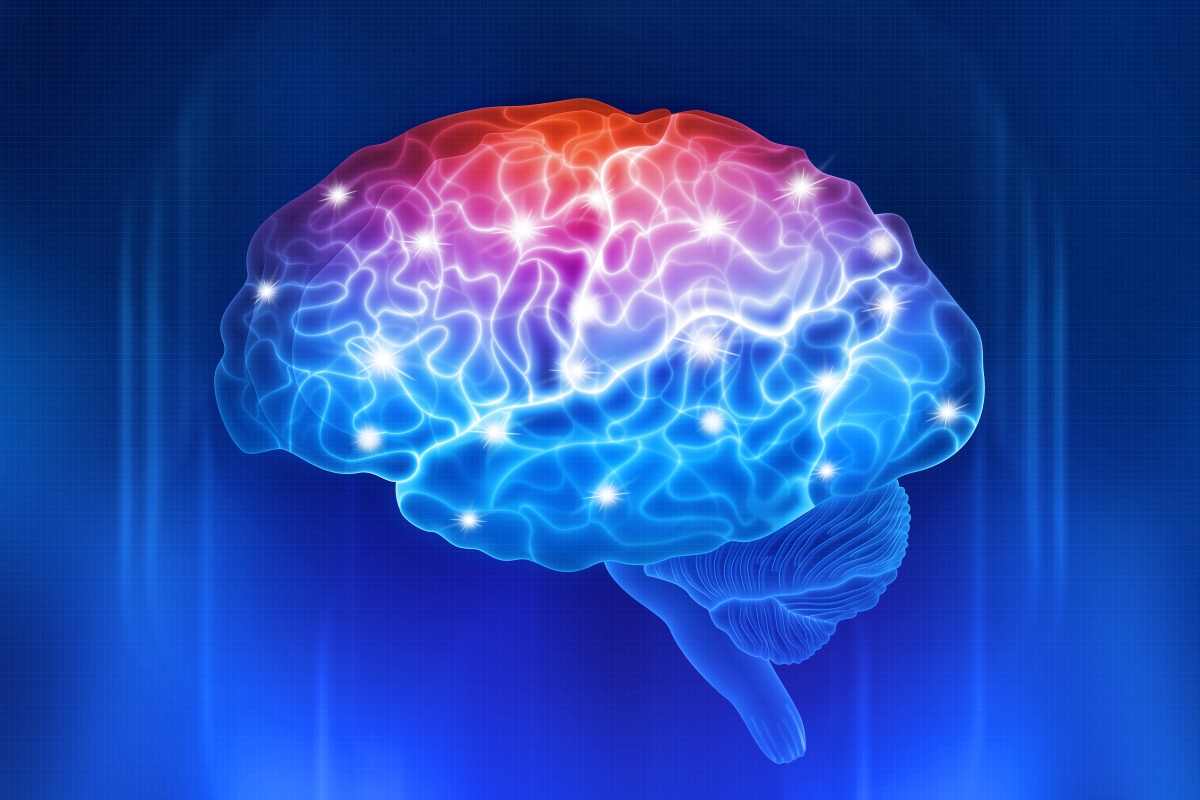Enriching the Mediterranean diet could nourish the brain more effectively
The rising prevalence of neurodegenerative diseases presents a significant global health challenge, particularly as life expectancy increases. Effective prevention methods are urgently needed, and one promising avenue involves exploring the connection between diet and brain health. Many studies show that what we eat greatly affects cognitive function, memory, and the risk of neurological disorders, highlighting the important role diet plays in preserving cognitive abilities. Among the most researched dietary patterns, the Mediterranean diet, which is rich in plant-based foods, healthy fats, and moderate animal product consumption, has proven neuroprotective benefits. This diet, abundant in antioxidants, vitamins, and polyphenols, has been consistently linked to better cardiovascular health and cognitive function. Lesser-known foods like seaweed, blackcurrants, Lion’s Mane mushrooms, and chia seeds are emerging as potential brain health enhancers. These and other novel foods could help enhance Western diets to better prevent neurological diseases. Despite promising evidence, challenges remain in fully understanding the complex link between diet and brain health. Variability in individuals, the need for long-term dietary adherence, comorbid conditions, and the demand for more rigorous clinical trials all pose obstacles. This review by Picone et al. (2024) focuses on the future of brain-health diets, advocating for personalized, accessible, and evidence-based interventions that offer hope in the fight against neurodegenerative diseases. As research continues, increasing attention is being given to brain health, promising improved cognitive outcomes for individuals and society. [NPID: Neuroprotection, diet model, Mediterranean lifestyle, brain, food for brain]
Year: 2024
 Navigation
Navigation








